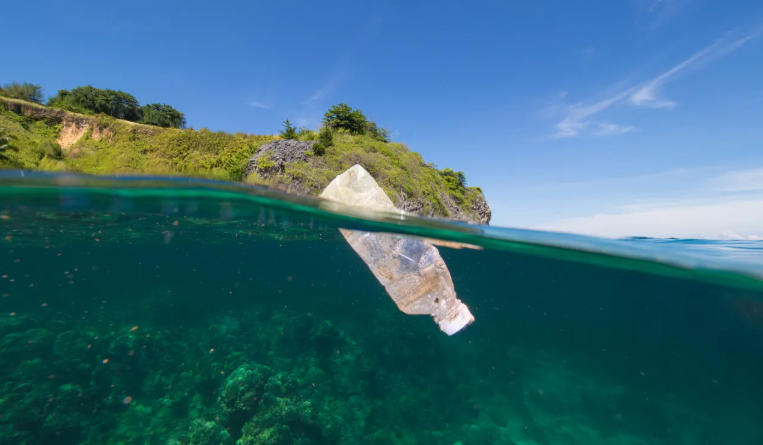Ocean conservancy is a crucial topic in today’s world, especially with the rising threats to marine ecosystems. Our oceans cover about 71% of the Earth’s surface and are vital for life on the planet, providing food, regulating climate, and supporting countless species. Protecting these vast waters is essential not only for marine life but also for human survival.
The Importance of Marine Biodiversity
Marine biodiversity is not just a collection of species; it plays a key role in maintaining the balance of our ecosystems. The variety of organisms—from the tiniest plankton to the largest whales—contributes to essential processes like nutrient cycling and carbon storage. Healthy oceans are crucial for providing a stable food supply, as many communities around the world rely on fish and other marine resources. Unfortunately, overfishing, pollution, and climate change are putting immense pressure on these ecosystems. By promoting sustainable practices, we can help ensure that future generations inherit thriving marine environments.
The Harmful Effects of Ocean Pollution
Pollution poses a significant threat to ocean health. Plastics, chemicals, and other waste not only harm marine creatures but also disrupt ecosystems. For example, sea turtles often mistake plastic bags for jellyfish, leading to ingestion that can be fatal. Moreover, toxic substances can accumulate in the food chain, affecting everything from small fish to large mammals, including humans. By reducing plastic use and advocating for better waste management practices, we can play a part in keeping our oceans clean and safe for all life forms.
Community Involvement in Conservation Efforts
Community involvement is essential in the fight for ocean conservancy. Grassroots movements, local clean-up events, and educational programs can inspire people of all ages to take action. Schools, non-profit organizations, and local governments can collaborate to foster a culture of conservation. Engaging with your community not only raises awareness but also empowers individuals to make meaningful contributions. Simple actions, like organizing beach clean-ups or participating in educational workshops, can have a lasting impact on local marine environments.
In conclusion, ocean conservancy is vital for preserving our planet’s health. By understanding the importance of marine biodiversity, recognizing the detrimental effects of pollution, and encouraging community involvement, we can all contribute to a brighter future for our oceans. Let’s take action today—whether by reducing plastic usage, supporting local conservation initiatives, or simply spreading the word about the importance of protecting our precious oceans. Together, we can make a difference!

